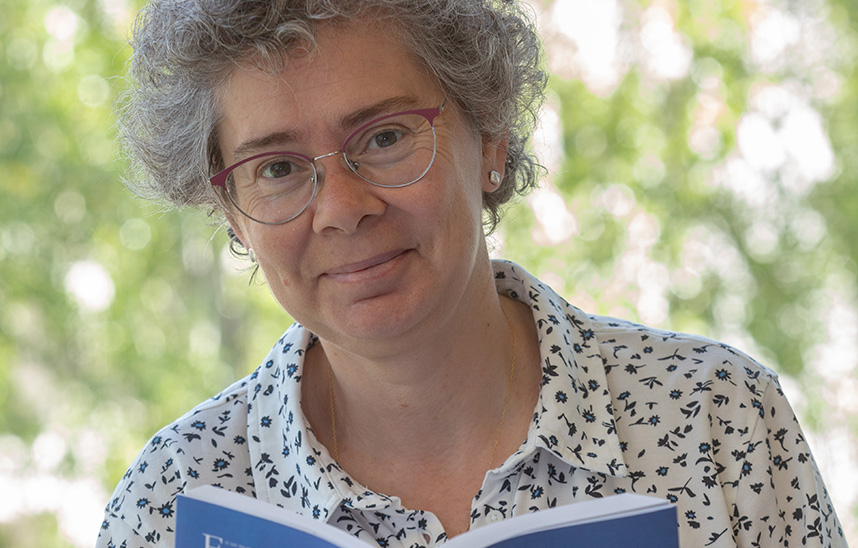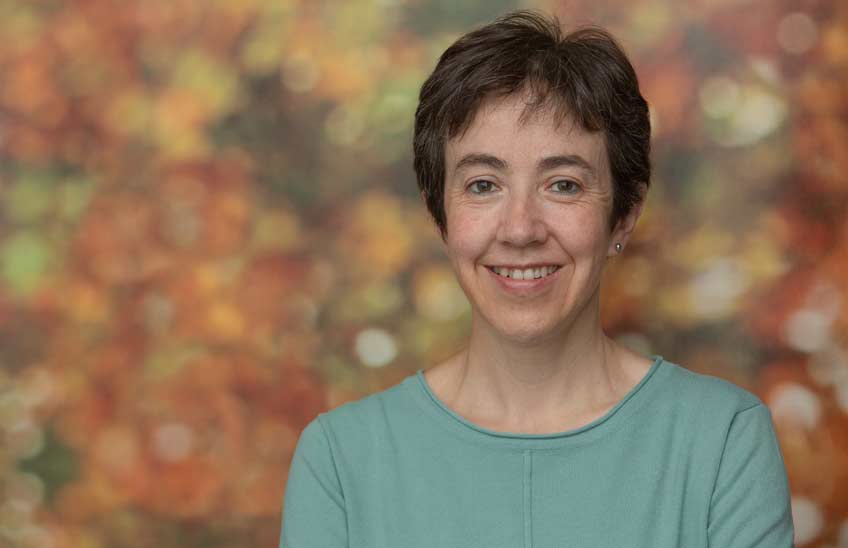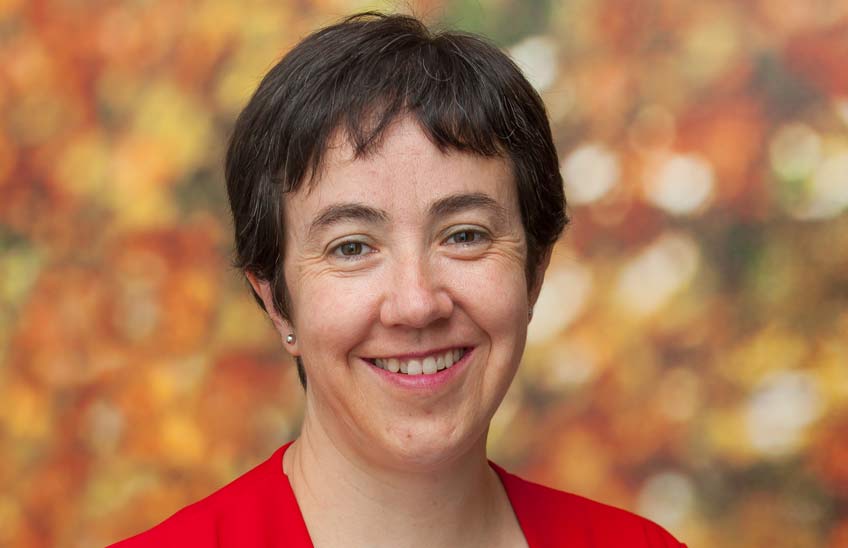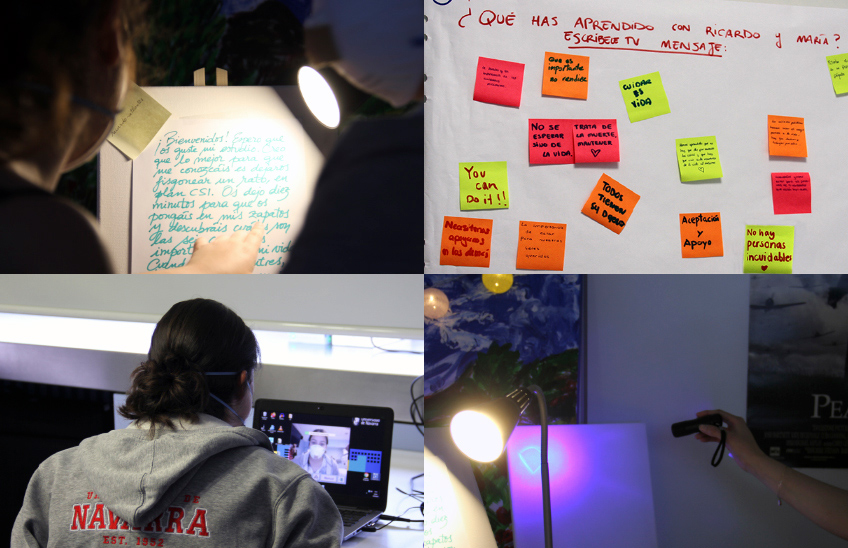Two new ICS projects funded by the Ministry of Science and Innovation: adolescent intimate partner violence and relief of suffering in advanced diseases
Alfonso Osorio and Alazne Belar lead projects selected by the Fund of research in Health of the Carlos III Health Fund high school

FotoManuel Castells<br>/De izquierda a derecha: Alazne Belar y María Arantzamendi, investigadoras del ATLANTES Global Observatory of Palliative Care; y Alfonso Osorio y Jokin de Irala, investigadores del grupo 'Educación de la afectividad y de la sexualidad humana'.
23 | 01 | 2023
Two new projects of the Institute for Culture and Society (ICS) of the University of Navarra, framed in the Institute of research Health of Navarra (IdISNA), have been selected by the Fund of research in Health (FIS) Institute of Health Carlos III of the Ministry of Science and Innovation. They are co-financed by the European Union through the FEDER funds: A way of doing Europe. They focus respectively on the longitudinal analysis of the determinants of intimate partner violence in Spanish adolescents and on the intervention for the relief of suffering in patients with advanced disease.
The first is led by Alfonso Osorio as researcher principal investigator and Jokin de Irala as co-principal investigator. As they explain, nine out of ten adolescents report psychological violence, one out of five physical violence and one out of ten sexual violence, with girls being the ones who suffer the most. They consider that the knowledge of the determinants is fundamental for prevention.
This project aims to give continuity to the one started in 2019 on 'The determinants of intimate partner violence in adolescents. Prevention from the school setting', also funded by the FIS. On the one hand, it will serve to evaluate the determinants of intimate partner violence in adolescents through longitudinal analyses.
On the other hand, it will continue to give schools the opportunity to know the profile of their students in a simple, fast and free way through a personalized report , with the possibility of assessing subsequent changes. In addition, these centers will receive training aimed at addressing this problem.
This research is part of the project Yourlife of the group 'Education of affectivity and human sexuality' of the ICS, an international study aimed at understanding and improving the lifestyles and personal relationships of young people, as well as the factors that influence them.
'Unbearable suffering' in some patients with advanced disease
The second project, which is part of the ATLANTES Global Observatory of Palliative Care, is led by Alazne Belar as principal investigator and María Arantzamendi as co-principal investigator. The team also includes Carlos Centeno and Marina Martínez.
As they explain, one in four patients with advanced disease report unbearable suffering and its alleviation is of vital importance. They stress that existential issues such as demoralization or the threat to perceived dignity contribute to such suffering. This, in turn, sometimes leads to expressions of wanting to die.
The Patient Dignity Question (PDQ) - note those responsible for project- is a brief intervention based on a question that aims to provide person-centered care and could help alleviate patient suffering. They argue that in other cultures it has proven to be an effective intervention that fosters the perception of dignity and the search for meaning.
In the Spanish context there is still no study that has studied the effect of PDQ. The team proposes to carry out one in Spanish patients at the end of life admitted to a hospital center to translate and adapt the PDQ to this context, to know the impact of the PDQ on demoralization levels and on the patients' perception of dignity, to know the patients' experience when asked about the PDQ, and to explore what aspects they consider should be known about them at the end of life.




